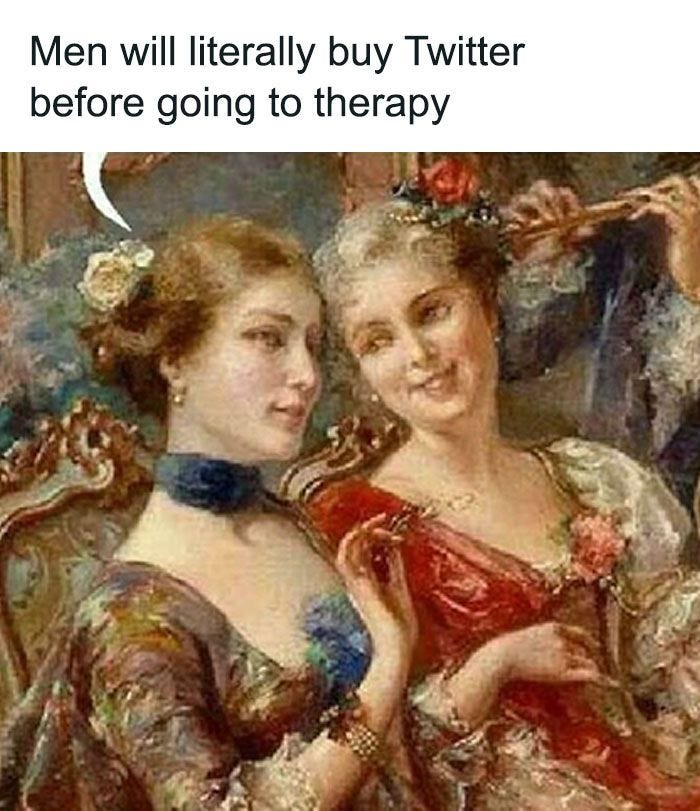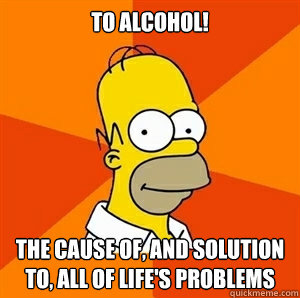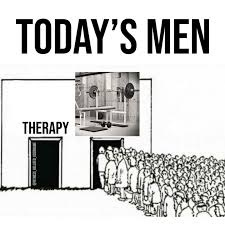Prologue Part 2
My Awakening
Housekeeping
I’ve created a new top level page called “The Framework”
This will serve as the current living version of my framework document. I’ve distilled the basic elements down from my original framework post.
I’ve also added a new section for curiosity based on my recent post.
Continuing On
Picking up where we left off from the first Prologue post, I think we can focus on how I transitioned from being a crazy co-founder working 80 hour weeks for 10 years, to being a crazy retired person with nothing to do.
COVID
I moved to Colorado during the initial outbreak of Covid, which presented some challenges.
The area I moved to was super aggressive with lockdowns and ridiculous restaurant rules which sucked.
I’m not going to criticize the stupidity of all of the rules, as there is no upside to discussing it.
I initially was working remotely for the company that acquired mine, but that ended by June of 2020 and suddenly I had nothing that I “had” to do.
New Hobbies
I spent the next 6 months building Lego models and listening to podcasts. I eventually ran out of places to display all of my constructed Lego kits, and had to shift gears.
Hiking, snow shoeing, video games, rucking and lifting weights (at home), became a big part of my day.
New Doctor
After the craziness of Covid died down it was time to find the right doctor. I had recently read Peter Attia’s book, so I was looking for a concierge “Medicine 3.0” doctor focused on longevity and preventative medicine.
I ended up finding a great doctor in Denver that met my needs. What I didn’t expect was how much he pushed me on my “mental health” as opposed to my physical health.
My first appointment with him was 3 hours long. After the typical stuff, he shifted the conversation to my mental health.
He had already identified by this point that I’m….unusual.
When he performed my CIMT, his comment was “You are weird.”
Apparently everyone but me has more plaque in their arteries on the left side of their neck vs. the right…and mine is the opposite.
It was clear to him my physical health was decent, but that my life could be improved a great deal by focusing on my mental health.
He recommended an SSRI and therapy. I rejected the SSRI initially and tried the therapist he sent me to instead.
It didn’t go well. I didn’t “click” with her at all. She kept pushing her preferred approach of IFS on me, and I pushed back harder.
She also only offered therapy over Zoom, which was something I absolutely despised after a career of conference calls and video meetings.
So I bailed on the therapy and went back to the comfort of avoiding people and playing video games.
Alcohol
By this point in my life I’d graduated from a couple of beers or glasses of wine on Friday nights to drinking every single night, and I agreed with Homer’s assessment.
Alcohol had permeated my life for 20 years.
Everyone around me knew I was self-medicating.
The coders that reported to me at my company had been code-naming projects for years based on my alcohol consumption.
Bad day? Time for dirty martinis.
Good day? Break out the 21 year old Japanese Nikka, or an 18 year Macallan. I still remember the taste on my tongue just thinking about it.
I knew that I had a problem but was in denial.
I was so far away from Peter Attia’s “4 drinks a week guidance” it wasn’t even funny. I was easily at 4 drinks a day. 365 days a year.
So the new doctor said:
“The amount of alcohol you are drinking is equivalent to smoking 2 packs a day from a cancer risk perspective. Do you smoke?”
No.
“Why don’t you smoke?”
Because it causes cancer.
“So why do you drink?”
Self medication
To shut off my brain so I can “sleep”
“Enjoyment”
To escape
Because I wouldn’t be retired if I wasn’t a drinker.
Our first key investor in our company literally wrote the check because “You got drunk with me the first night I met you so I knew I could trust you. I don’t trust anyone who doesn’t drink with me.”
I Finally Listened
At my next annual check up with the Doc, he asked me how therapy was going. He was clearly not happy that I bailed on it.
We then had a long conversation about “anxiety” and SSRI’s.
I should mention that I’ve struggled with insomnia issues for decades.
The doctor explained to me that he thought my “monkey mind” was the root cause of my sleep issues.
I didn’t know what he meant by monkey mind, but it certainly felt like I had an army of chimps in my skull constantly arguing.
He again pushed me to take Lexapro. I told him that I didn’t want to take any mind altering drugs.
He asked me if I thought caffeine, alcohol, THC and CBD were mind altering drugs.
I was forced to acknowledge they are, and agreed to replace my preferred drug of alcohol with his Lexapro recommendation.
He also pointed out a clinical study that shows Lexapro with therapy provides the best benefits.
Life Changing
The initial side effects of Lexapro were rough. Food aversions, loss of appetite, lack of energy, etc.
From what I had read, I knew that it took about 6 weeks for most people to adjust.
During these 6 weeks, some interesting things happened.
The monkeys in my mind calmed down a bit.
I tried a meditation app for the 7th time in my life…and I was hooked.
The Lexapro allowed my mind to slow down enough for me to finally understand that meditation actually works.
Ironically the people that need it the most are the ones that say things like “Meditation is stupid. It doesn’t work for me.”
I know because I said those words after I quit meditating the last 6 times.
Meditation became a new hobby / passion. I wanted to learn everything I could about it.
Remember that “Curiosity” post? This was the first moment where mine reawakened.
Now I had a taste and wanted more. Thus I began a search for a local therapist that I thought I would click with.
Much to my surprise I found one 3 miles from my house that specializes in “Mindfulness based therapy”.
Therapy
I clicked with my new therapist immediately. He hates Zoom and prefers in person therapy. Me too.
My therapy experience started off as what I would call “putting out fires”.
It seemed that every week I was improving, but I continued to make mistakes in my relationships and we focused greatly on fixing those problems.
At this point I had discovered the excellent Dan Harris. His app and videos helped me deepen my mindfulness journey.
After a few months of mindfulness practice and therapy I thought I had the tools I needed and decided I was done with therapy.
Luckily my therapist wisely talked me out of that. He explained that I’d done the hardest part. I opened the door and went to therapy.
The work wasn’t over.
It was just beginning.
Buddhism
In conjunction with my therapist, Dan Harris and a bunch of books I read, I started to view meditation as more than just “mindfulness”.
I began to understand that one of my key defects I needed to work on was my tendency to react emotionally…at the worst times possible.
I lacked “Right Mind”.
I still thought I knew almost everything, was right all of the time, and I just needed to add some meditation on top and everything would be ok.
But that is not how it works.
I needed to shatter my beliefs, my destructive patterns and my ego.
I needed to learn how to say “I Don’t Know”.
What’s Next?
I think I’ve now given you enough of my story and how I got here to turn my attentions back to Zen, Buddhism and my new Framework for Life.
Over the coming weeks I think my post frequency will slowdown. I intend to write a 12+ part series on Buddhism, and more specifically how I’m incorporating it into my framework.
You don’t have to become a Buddhist to learn from Buddhism.
Don’t worry. No robes, chants or head shaving required. I’m going to make it as entertaining as I can.
I think this series can help a lot of people.





